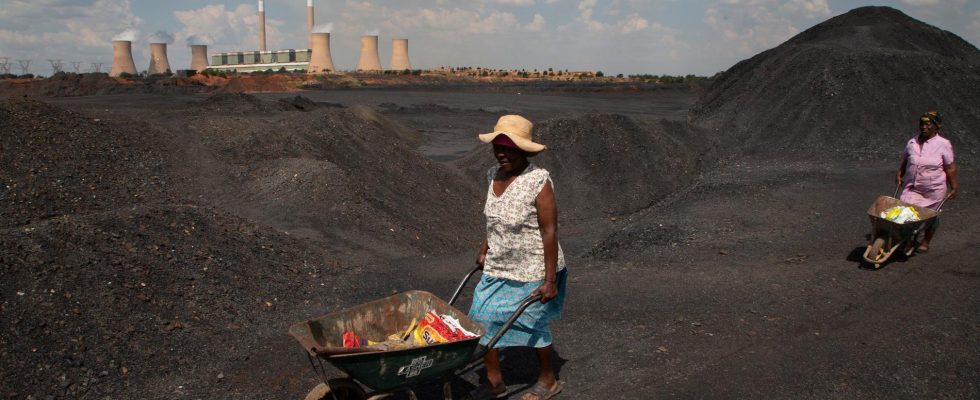unsaveSave
expand-left
full screen The rulers of the energy crisis in South Africa do not want to turn their backs on dirty coal. File photo taken east of Johannesburg. Photo: Denis Farrell/AP/TT
Emission giants and carbon addicts are among the countries going to vote in the global super election year 2024.
Here are six choices that could have a big impact on the fight against climate change.
1. The emission giant
The US is responsible for the second largest share of the world’s emissions and faces a crossroads in climate policy. Joe Biden has launched the world’s largest climate package to date, the IRA, which has led to increased investments in renewable energy – although he has also invested in fossil oil and gas. In November, he is expected to settle for power with Donald Trump, who during his presidency chose to withdraw the United States from the Paris Agreement. He has promised to roll back as much of Biden’s climate action as possible if he wins the election.
2. The Union
Europe aims to become the world’s first climate-neutral continent by 2050. This will become a reality through the green deal and the legislative package Fit for 55. But in some countries, opposition to the measures to reduce emissions and protect the environment is growing. Some believe that it blocks the right-wing populist winds that can leave their mark on the elections to the European Parliament in June. It remains to be seen whether the new commission will be willing and able to prioritize the climate as highly as the current one.
3–5. The charcoal addicts
Several coal-heavy countries go to the polls. In South Africa, the ruling ANC has not wanted to turn its back on the dirty energy source, but if there is a change of power, it could accelerate the transition from fossil to renewable. But in Indonesia, the world’s largest coal exporter, no presidential candidate has shown any concrete plan to move the country toward cleaner energy. In India, the world’s third largest emitter, Prime Minister Narendra Modi is tipped to be re-elected and, despite pressure, is expected to continue with his pro-coal policies.
6. British climate struggle
With Rishi Sunak at the helm, Britain has made a U-turn on the climate. He has given the go-ahead to expanded extraction of oil and gas in the North Sea and backed down on commitments that would take the country to net zero by 2050. The turnaround has been criticized. Sunak’s Conservative Party, which is lagging behind in the polls, has made the climate one of the issues on which it wants to sharply separate itself from Labour. Opposition leader Keir Starmer has in turn promised that he would make Britain take the lead in global climate work.
